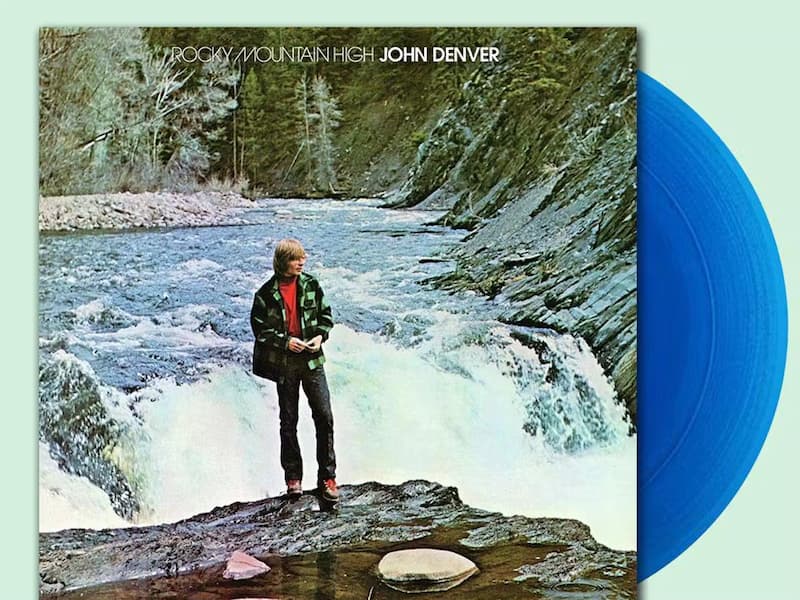
About The Song
In 1972, John Denver released his album Rocky Mountain High, and it quickly became his first Top Ten album as it landed in No. 4. The album was propelled by its lead single, “Rocky Mountain High,” which hit No. 9 on the U.S. Hot 100 chart while No. 3 on the Easy Listening chart – making it a major piece of 1970’s pop culture.
In the mid-1970s, John Denver revealed to the concert audiences that “Rocky Mountain High” took him an oddly nine months-long to write. Three years before that, Denver moved to Aspen, Colorado, which served as the primary inspiration for him to write the song, added by his love for the state.
The song, which refers to the commercial tourism ruining the mountains’ beauty, then became a well-associated track of Colorado history.
“Now, his life is full of wonder, but his heart still knows some fear of a simple thing he cannot comprehend. Why they try to tear the mountains down to bring in a couple more, more people, more scars upon the land,” the song goes.
However, “Rocky Mountain High” faced some controversies when a legal ruling authorized the U.S. Federal Communications Commission to censor songs deemed to promote drug abuse.
Several radio stations warily banned the song until Denver explained to the public that the “high” was his innocent way of describing the sense of peace he only found in the Rockies. In 1985, Denver testified during a senate hearing, opposing the labeling of albums being recommended by the Parents Music Resource Center.
“This was obviously done by people who had never seen or been to the Rocky Mountains,” Denver said. “People who had never experienced the elation, celebration of life or the joy in living that one feels when he observes something as wondrous as the Perseid meteor shower on a moonless, cloudless night, when there are so many stars that you have a shadow from the starlight, and you are out camping with your friends, your best friends, and introducing them to one of nature’s most spectacular light shows for the first time.”